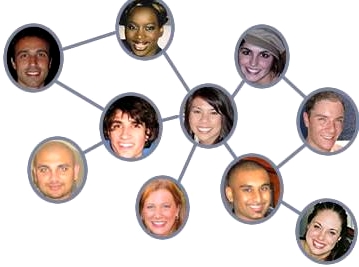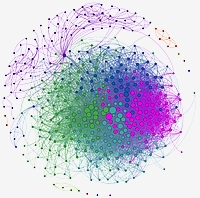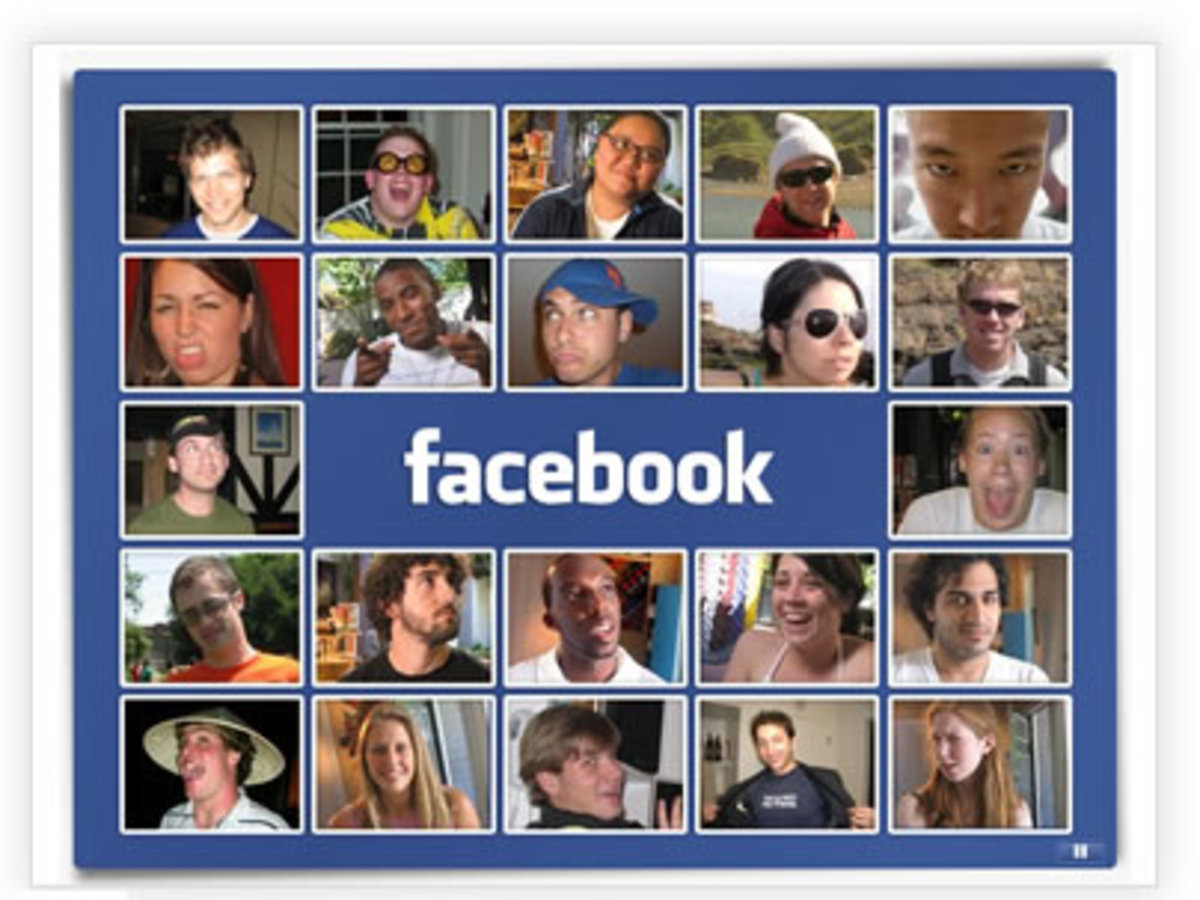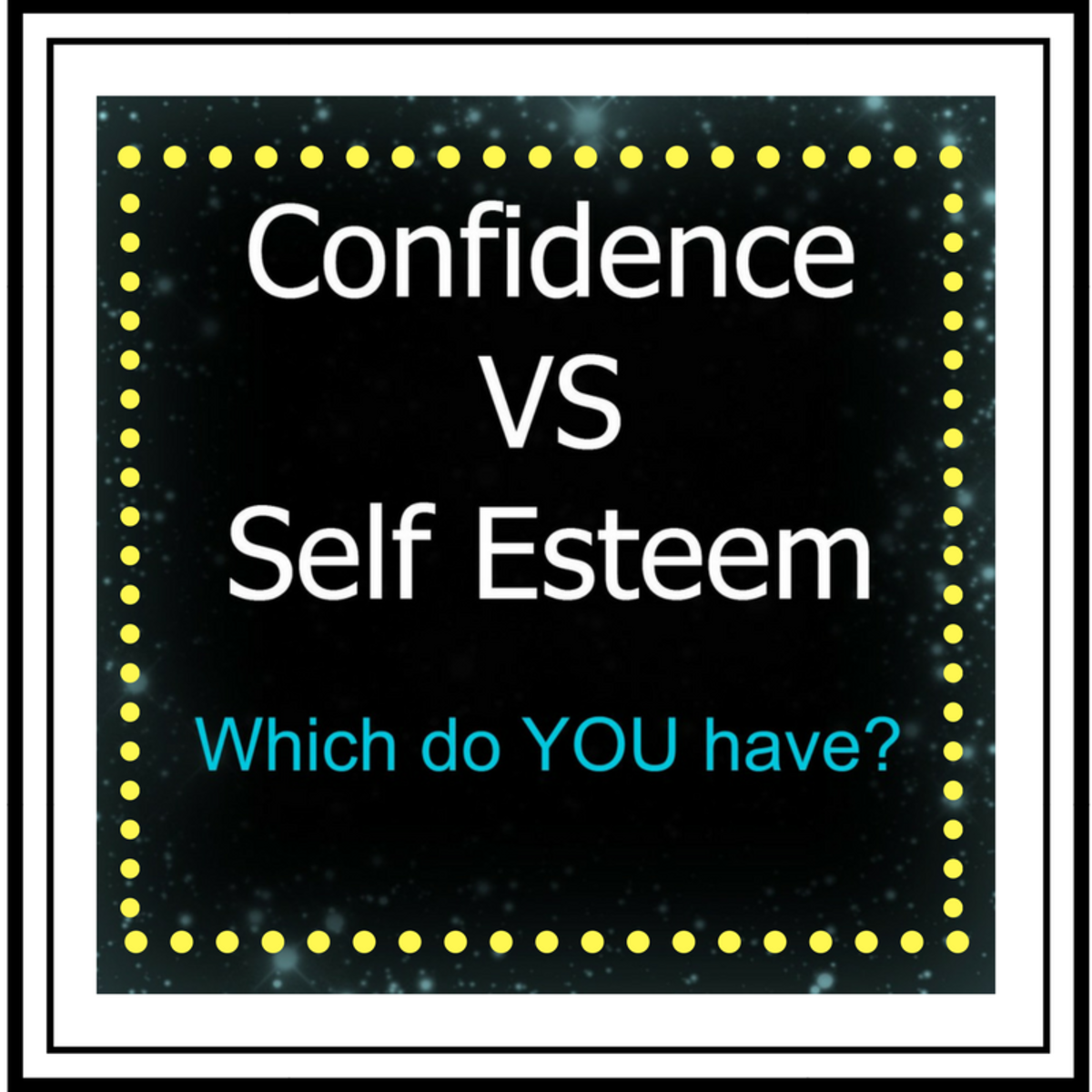- HubPages»
- Technology»
- Internet & the Web»
- Social Networking
Insecure People Buy Facebook Friends, Lose Them by Being Negative
Facebook can help you gather hundreds of instant friends and you can buy friends or beg or bribe people to be your friends, but it is so easy to lose friends. It depends on how you interact with your friends and the nature of your comments. People have a very free attitude to what they say on Facebook and say what they like without thinking about it.
But research has shown there are risks with being too negative and a 'Hold your tongue' and 'Watch what you say' attitude is warranted if you don't want to lose your friends and not have to 'Beg people not to drop you'. This applies particularly for people with low self-esteem. Studies have shown that want you say and how you say it matters. A Canadian research study has shown that people with low self-esteem and low self-confidence should curtain their negative comments and emphasise the positive or risk losing their Cyber friends.
Theoretically, social networking sites such as Facebook should be good for people with low self-esteem and low confidence. Sharing is important for developing friendships. But many people with low self-esteem find it hard to share face-to-face, and they may have trouble making friends, and finding ways to share but Facebook changes all of this because users can share remotely on the Internet.







However as with any communication between friends it depends on how people go about it. Many people with low self-esteem appear to interact in ways which are counter productive to keeping these friendships working. They often broadcast lots of negative gossip about their friends and they way they say thing appears to make them making less likeable. These were the findings of a recent study reported in the journal Psychological Science.
In this study a group of students were asked their opinions about Facebook. As expected people with lower self-esteem answered that Facebook offered a way of connecting remotely with other people. It offered many benefits because it was safe and avoided risk of awkward social interaction thorough personal contact.
The researchers asked the subjects to provide their last ten status updates which were accessible by their Facebook friends, and people in their social networks linked to Facebook. Each of the updates was given a score according to how much it was rated as being positive or negative by a group of students. A group of assessors also rated how much they 'liked' the person who wrote the posts, based on what was written and its tone.
The results showed that:
- People with low self-esteem showed much more negative scores for their posts that people with high self-esteem. The assessors, who were strangers and relatively new to Facebook, also liked the people with low esteem much them less.
- People with low self-esteem got more responses and reaction to their real friends on Facebook when they posted more positive updates, compared to negative ones.
- People with high self-esteem tended make more positive posts, but they got more responses to their negative posts from their friends, perhaps because these negative posts were a rarity for them and so much more likely to be significant.
The conclusion was that people with low self-esteem felt more secure making personal disclosures on Facebook to a 'captive audience', but they generated negative responses that poisoned this communication and eroded the benefits. People who wrote upbeat posts such as ''[Name] is fortunate to have such fabulous friends and it should be a fantastic day tomorrow!" were considered much more likeable than people who wrote negative things, such as "[Name] is upset because her phone was stolen"; or "[Name] was crying because she had a fight with her boy friend".
The communication breakdown appeared to be simple matter of the impersonal and remote nature of Facebook. When talking to someone in person you get instant feedback, even from body language that they don’t like what you are saying, how you are saying it or that they are fed up with how negative you are. You don't get that feedback in the impersonal Facebook. The impersonal nature of Facebook is both a friend and foe.
While the study did not assess 'de-friending' rates direct responses there was a clear indication that people should put more thought into what they post, and think carefully about what effect their posts and their tone might have on their contacts in social networks.
Those with low self-esteem seem to follow a pattern that mirrors their face-to-face and negative outlook posting glum gossip and pessimistic status updates which did not develop their friendships. They inadvertently tended to push their friends away and so fail in their interactions. There is a certain irony in the benefits of Facebook in making people feel safe enough to disclose things on Facebook may generate reaction to negative comments that may cause the rejection responses that they fear from personal communication.
The researchers also found that when people with high esteem and regard post updates that are sad or angry or negative in some way they tend to get huge numbers of post offering support and encouragement and comfort from their Facebook friends. This was the opposite of the response to the negative posts from people with low self esteem. However the group of friends showed positive responses to upbeat posts from people with low and high self esteem.
The researchers did not advocate that people be dishonest or inauthentic, but the way people communicate does matter even on Facebook.
People who lack self-confidence and want to use Facebook to overcome their social anxieties and problems with face-to-face communication should simply 'accentuate the positive'. It is suggested that they share more of the positive things that happen to them, and frame their comments about other people in more positive ways. They should be very selective about the negative things they post.
© janderson99-HubPages
© 2012 Dr. John Anderson










